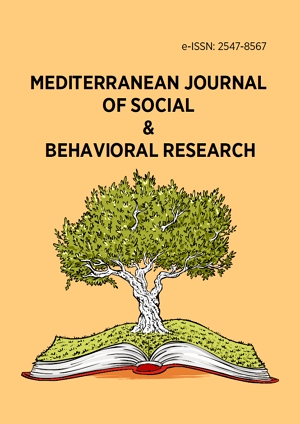Abstract
Corruption tolerance may encourage corruption in public sector employees and reduce their willingness to engage in whistleblowing or support anti-corruption crusades. Though previous studies have shown that corrupt tendencies may reduce with morality and life satisfaction, there is a need to investigate the level at which corruption tolerance (which may be an important variable in whistleblowing) is related with moral intelligence and whether life satisfaction moderates the relationship. Using a cross-sectional survey, 495 public sector employees (207 males; 288 females), whose ages ranged between 21 and 60 years (meanage = 38.39; standard deviation = 7.46), were selected across 7 ministries in Nigeria. The participants responded to measures of corruption tolerance, moral intelligence, and life satisfaction. Results of the hierarchical multiple regression indicated that moral intelligence and life satisfaction had a significant joint influence on corruption tolerance. Corruption tolerance significantly reduced as employees’ level of moral intelligence increased and as they became more satisfied with important aspects of their life. Results of the moderation test indicated that life satisfaction significantly increased the level at which moral intelligence reduced corruption tolerance; leading to 18% further reduction in corruption tolerance. Moral intelligence and life satisfaction reduced employees’ tolerance for corruption. In order to reduce tolerance for corruption, public sector organizations, in conjunction with relevant agencies, should design and implement psychological programs that would help employees manage their moral intelligence and life satisfaction.
Keywords
License
This is an open access article distributed under the Creative Commons Attribution License which permits unrestricted use, distribution, and reproduction in any medium, provided the original work is properly cited.
Article Type: Research Article
MEDITERR J SOC BEH RES, Volume 8, Issue 2, June 2024, 61-69
https://doi.org/10.30935/mjosbr/15789
Publication date: 31 Dec 2024
Article Views: 2050
Article Downloads: 828
Open Access References How to cite this article
 Full Text (PDF)
Full Text (PDF)